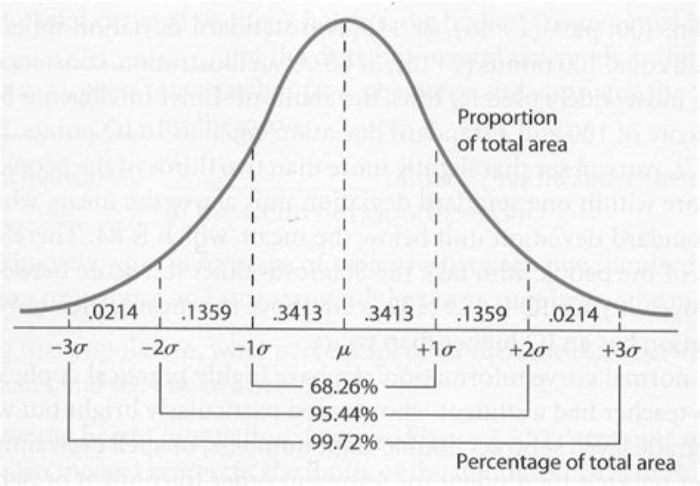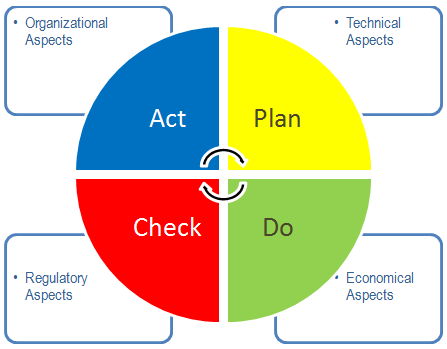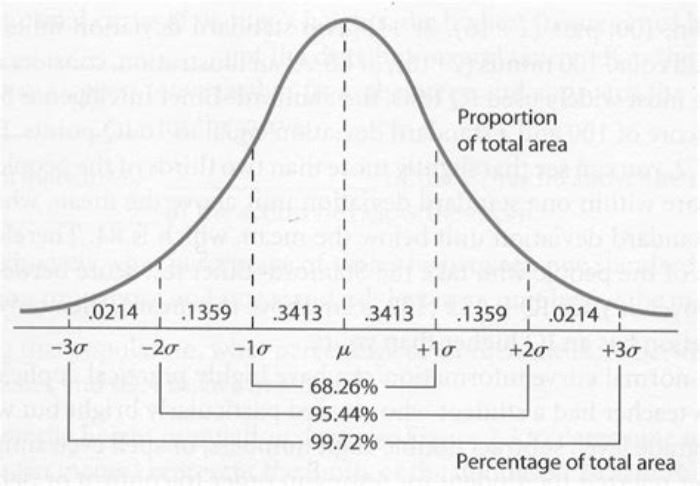Español · 19.02.2021
La última versión de la norma ISO relativa a la gestión de la energía, ISO 50001: 2018, ha mejorado en muchos aspectos, ha definido con mayor claridad ciertos conceptos y los ha regulado de forma más coherente. Sin embargo, muchas empresas medianas tienen dificultades con los requerimientos de evaluación de los indicadores energéticos. Estas regulaciones se han endurecido respecto a la demostración de mejora en el desempeño energético.
Español · 19.02.2021
No siempre es posible establecer objetivos energéticos específicos. Por ejemplo, es imposible predecir si la solución propuesta tendrá éxito o si faltan los datos de energía correspondientes. En estos casos, los objetivos del proyecto están precedidos por objetivos energéticos cuantificados.
Español · 19.02.2021
Sin el compromiso personal de la dirección y la provisión de tiempo, recursos humanos y financieros, no se puede lograr un sistema de gestión eficaz, sin importar el tipo y la calidad que se establezcan.
Los directores generales deben apoyar y promover la inclusión de ejecutivos y empleados a través de la participación, calificación, motivación, reconocimiento, capacitación y recompensa.
Español · 18.02.2021
Al igual que con todas las demás normas revisadas, a partir de ISO 9001: 2015 e ISO 14001: 2015, la nueva norma de gestión energética también sigue la estructura de alto nivel. Esto significa que la empresa se contempla de acuerdo a su estructura. El contexto significa, en principio, una comprensión conceptual fundamental de los problemas externos e internos que pueden tener un impacto positivo o negativo en el desempeño relacionado con la energía de la organización y el sistema de gestión.
Español · 18.02.2021
Requisitos para establecer, implementar, mantener y mejorar un sistema de gestión de energía, SGE, de acuerdo con la versión de 2018. El siguiente artículo tiene como fin ayudar a las organizaciones a seguir un enfoque sistemático para lograr la mejora continua del desempeño energético y del Sistema de Gestión Energética, SGE.
English · 15.02.2021
The last version of the ISO standard regarding energy management, namely ISO 50001: 2018, has improved many things, defined them more clearly, and regulated them more consistently. However, many medium-sized companies have difficulties with the energetic evaluation of the required energy indicators due to the new regulation. These regulations have tightened for proof of improvement in energy-related performance.
English · 09.12.2020
It is not always possible to set specific energy targets. For example, it is impossible to predict if the proposed solution will be successful or if the corresponding energy data is missing. In these cases, project targets are preceded by quantified energy targets.
English · 25.11.2020
Without the personal commitment from management and the provision of time, human and financial resources, an effective management system cannot be achieved, no matter what type and quality are established.
The managing directors should support and promote executives and employees' inclusion through participation, qualification, motivation, acknowledgment, training, and reward.
English · 04.11.2020
We are witnessing major changes in energy systems. An example is more diversified energy baskets that seek to incorporate cleaner technologies and renewable resources. On the other hand, better use of energy and new ways of doing business are encouraged. #renewableenergy #energiewende #energy #iso50001 #transicionenergetica
English · 22.10.2020
As with all other revised standards, as of ISO 9001:2015 and ISO 14001:2015, the new energy management standard also follows the high-level structure. This means that the company is contemplated according to its structure. Context means in principle "... a fundamental conceptual understanding of external and internal issues ... that can have a positive or negative impact on the organization's energy-related performance and energy management system."










